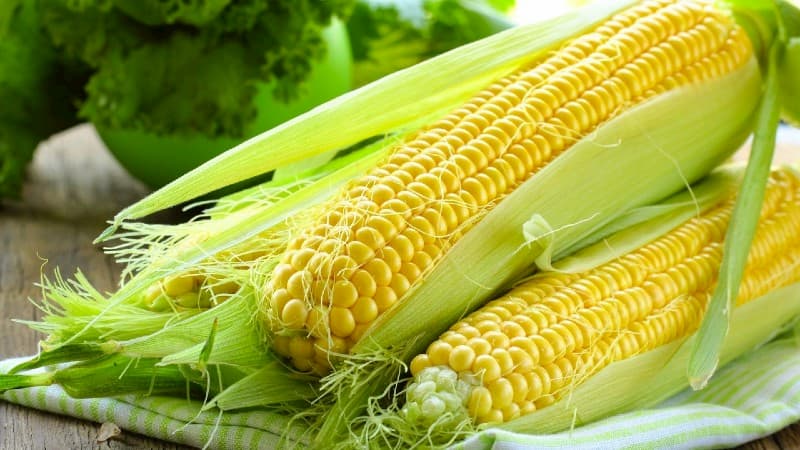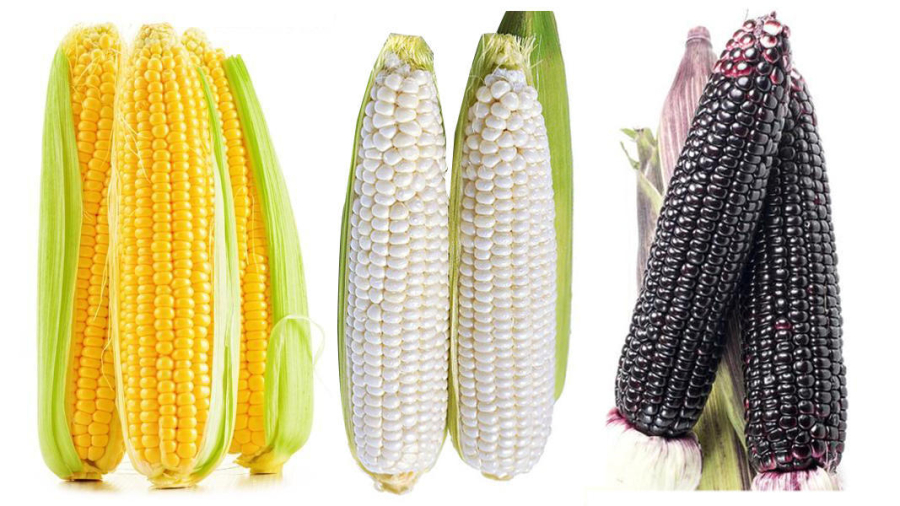Corn is a popular grain with numerous health benefits. It is rich in fiber, lutein, and zeaxanthin, two phytochemicals that promote healthy vision. Corn has a calorie equivalent to a ripe banana, about 96 calories in 100g. Corn is also a low-fat grain with about 1.5g per 100g. However, corn is high in carbohydrates, but they are complex carbs, plant-based, and healthy. The average nutritional value of 100g of corn is: 96 kcals, protein: 3.4 grams, carbs: 21 grams, sugars: 4.5 grams, fiber: 2.4 grams, fat: 1.5 grams. Corn is a low-fat complex carbohydrate with high fiber content, which supports digestive health and weight loss.

Corn, being higher in fiber compared to white rice, can be incorporated into the diet of those who want to lose weight. The insoluble fiber in corn helps keep you full for longer and aids in the digestion and elimination of excess food through the digestive system, preventing constipation or diarrhea. This can contribute to better weight loss compared to consuming white rice.
However, corn is not at the top of the weight loss food list due to its high carbohydrate content. Using corn as a substitute for white rice has certain benefits, but it doesn’t contribute significantly to weight loss. Therefore, if you enjoy eating corn, you can include it in your meals by mixing it with white rice or incorporating it into salads as a rice alternative. However, in a weight loss regimen, corn should not be the main ingredient in a salad unless you are replacing rice with salad.

Furthermore, when consuming corn, it is important to be aware of genetically modified corn varieties. Yellow corn tends to be sweeter, while white corn is chewier. Yellow corn is often genetically modified.
To incorporate corn into a weight loss diet, it is recommended to consume boiled corn rather than roasted corn. When boiling corn, it is advisable to cook the cob, husk, and silk altogether, as they can aid in digestion, cooling, and detoxification.




































